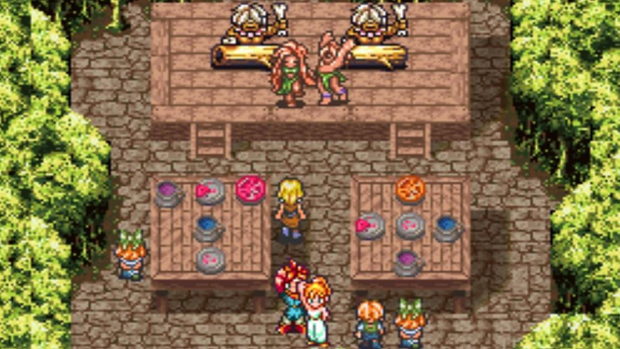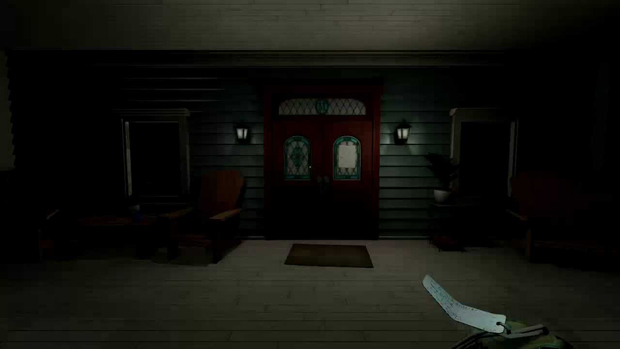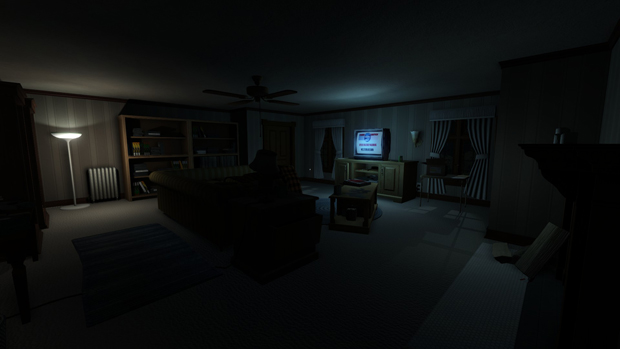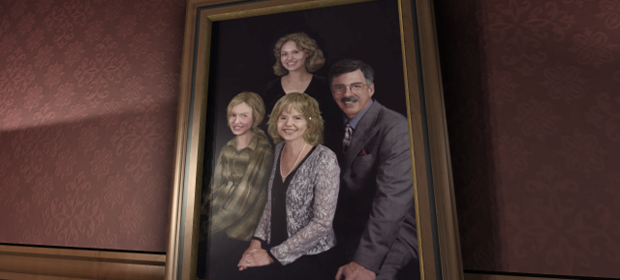Clichéd plots are a dime-a-dozen in this medium we love so much. More often than not, there’s always a grizzled war vet of some kind, the end of the world is nigh and you are in possession of the only thing that can save humanity: your fists. Combat mechanics are something we mull over in our heads and then discuss with friends for hours on end. Is it a tight shooter? Is the melee fluid? And my personal favourite, the subjective; “How does it feel?” Of course, all of this is very valid – we are playing games, after all. The throwaway, popcorn plots that centre on American heroes are fine, but can’t we branch out every once in a while? Drawing upon emotion as a means to tell a tale has become more prevalent as video games get older and I, for one, couldn’t be more elated with that fact.
In the past twelve months alone, the story element of video games is being scrutinised much more than it once was thanks in no small part to the heart-wrenchingly beautiful adaptation of Robert Kirkman’s The Walking Dead. Telltale’s instant classic isn’t alone, as this generation has brought some sheer delights in that department such as Portal, Mass Effect and Red Dead Redemption, too. Yet the majority still sneer at the idea of a video game plot and in a way, I understand their point of view. Back in the early 90s, SNES and Mega Drive were battling for supremacy with their two biggest assets: an Italian plumber and a spiky mammal. All the while, youthful movie buffs were watching The Silence of The Lambs and Schindler’s List. There were some JRPGs at this time that could be heralded as story benchmarks for a lot of people, however, the frequency of engrossing fables was lacking.

After years of knowing that games were an exercise in terribly executed writing, some were swayed into thinking otherwise once we entered into the 32 bit era and beyond. Extravagant vocal performances, believable facial expressions and worlds that seemed so alive, it was as if they existed long before you inserted the disc/cartridge into your console. However, the American, gun-toting hero is still one of the most commonly used plot devices in all of video games. Violence is still key and the chiselled Ryan Gosling-alike box must definitely be ticked.
This year, plenty of games have grabbed me in ways that make me believe we’re progressing, somewhat. The Last of Us and BioShock Infinite are just two that come to mind. For the most part, both have unpredictable writing with two fantastic primaries and worlds full of wonder. But, let’s not forget one of the most important factors in Naughty Dog and Irrational Games’ jaunts: your gun. Mowing down hundreds of enemies that are trying to do the same to you is something that both games don’t shy away from. Also, I must make it clear: I really enjoyed playing as Joel and Booker. It’s not like I’m prudish when it comes to shooting a virtual nuisance in the face, but I want variety. I’m sure those that have listened to The Godcast will recognise that I do play a lot of indie titles – simply because that’s where I see some more experimentation. It doesn’t always work out, of course, but sometimes it excels beyond expectations.

Just the other day, The Fullbright Company posted an update on their website. As well as some exciting news for the studio on being a highlighted game on IGN and showcasing their maiden voyage at events, they enlightened fans on the successes of the game:
“We’re happy to announce that between Steam and our own website Gone Home has sold more than 50,000 copies since launch. We’re now almost a month out since launching on August 15, and we hope people will find it encouraging to know that, along with the positive critical response we are continually grateful for and humbled by, we are also doing alright as far as sales numbers go!”
“Doing alright.”
For the uninformed, Gone Home tells the story of a young American woman who has been travelling Europe and comes home in the year 1995. To delve any deeper would be a disservice to anyone out there that has yet to play it. So, before you point your cursor at the magical “X” button on the top right of your screen, there will be no spoilers here, whatsoever.

In the space of a month, this independent developer’s PC game has sold 50,000 copies – 50,000. Now, far be it for me to diminish the achievement of Fullbright, because that isn’t my intention. I’m more interested in asking the question: Why? Why haven’t more people jumped on-board? With a Metacritic score of 89 and a studio with individual credits on BioShock 2’s Minerva’s Den, you’d think Gone Home would be racking up more elaborate numbers. However, people seem to have a problem with the so-called “value”. Currently available on Steam for £14.99/€18.99, Gone Home offers up about two to three hours of entertainment and that leaves a bad taste in the mouths of many. Harking back to last year, thatgamecompany’s Journey garnered a similar response from people. However, just like Jenova Chen’s masterpiece, Gone Home is an example of why this art can tell stories that movies, literature and television can’t.
There’s an over-arching narrative that runs throughout Gone Home and it reveals itself through audio logs that are discovered along the way. However, the subtle side-plots are just as captivating and can only be told when the player is inquisitive and inspects every little object they come across. There’s no direction, or on-screen prompts to point the lead character in the way of these non sequential beats, so it’s up to you to uncover the truth about your own homestead. Whilst watching Breaking Bad, Walt can’t be in the background unearthing some dark history on a supporting character whilst the camera focuses on Skyler behind the till at the car wash. Fullbright use their story-telling medium to its full potential and flesh out a fiction that revolves around real people in real life situations.

I’m not a snob. Just as I enjoy deep and emotional characters, I’ll laugh out loud at Saints Row IV’s opening, or appreciate the tension in Splinter Cell: Blacklist – I’m just looking for an additional thread, one that allows creators to pull on the heart strings of the controller-wielding, armchair-engulfed puppet master. Every once in a while, a game comes along that demands the attention of those of us who consume this media – but I want more. The argument that Fullbright’s exceptional Gone Home doesn’t offer value for money is absolute rubbish. If a game can contain a three act structure in two or three hours, development studios shouldn’t be derided, they should be applauded. Ask yourselves how many times a ten to twelve hour title has dragged? Exactly…
50,000 copies is a great achievement in a month; I don’t dispute that. Particularly when The Fullbright Company is an independent studio consisting of four people. What disappoints me is that it should be much more. People complain about the soldier FPS dominance in the market, yet will scoff at Year Walk, Gunpoint, or Papers, Please. If you want different experiences, they’re out there. AAA’s bombast is undoubtedly a thrill (and I write this as we are merely days away from GTA V – a game I’ll definitely play), yet the indies are bringing the real sensation to the fore; ideas.

If you’re one of those people describing each shooter as “the same game”, or can’t understand the popularity of certain franchises, then support creativity. Stellar gameplay is vital, of course it is. But in the same token, I want engaging, empathetic personalities to be regarded as something just as imperative. Embrace the change and enjoy stories the way only video games can tell them.





